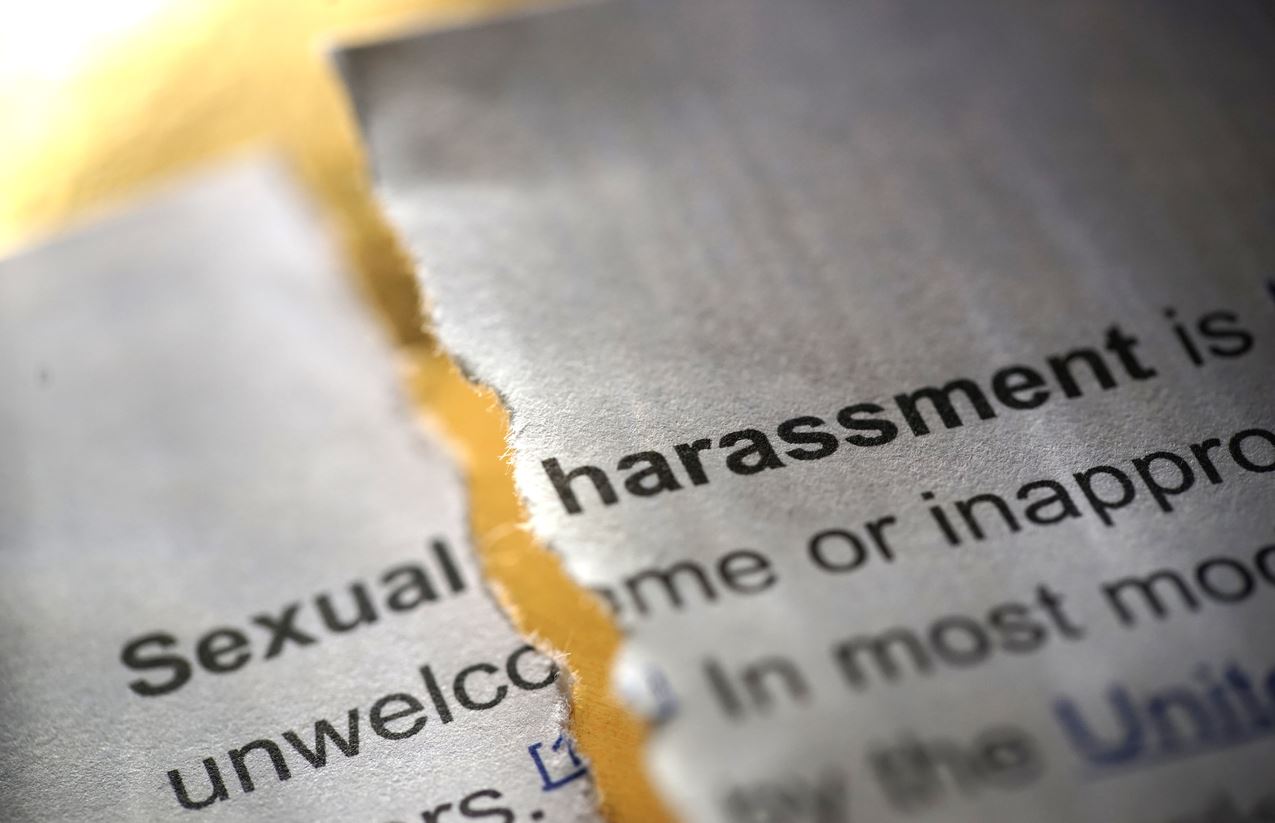Ever since Title IX became law on June 23, 1972, it has prohibited federally funded educational institutions from discriminating against students or employees based on sex. From preschools to universities, any school receiving federal funds had to comply. Female participation in sports, science courses, and more has grown exponentially over the last 49 years.
Yet the law is more than an attempt to level the playing field for athletic and scholastic opportunities.
Title IX covers 10 key areas:
- Access to Higher Education
- Athletics
- Career Training and Education
- Education for Pregnant and Parenting Students
- Employment
- Learning Environment
- Math and Science Education
- Sexual Harassment
- Standardized Testing
- Technology
In this blog, we will look more closely at sexual harassment and who must report suspected sexual harassment cases on school campuses.
Title IX Definition of Sexual Harassment
Sexual harassment was not mentioned in the original statute and has only more recently been identified through judicial interpretation in Title IX suits. The term is often more broadly interpreted to mean any action or speech that creates a hostile environment.
In 1980, the Equal Employment Opportunity Commission defined sexual harassment as “unwelcome sexual advances, requests for sexual favors, and other verbal or physical conduct of a sexual nature.” The following year, the Office for Civil Rights, which enforces Title IX, accepted that definition and applied it to sexual harassment that negatively impacts the aid, benefits, services, or treatment protected under Title IX. The U.S. Supreme Court established in 1992 that monetary damages could be awarded to individual victims of sexual harassment. Other Title IX rulings suggested that the perpetrator’s actions were not the only examples of sexual harassment. When an institution fails to protect someone subjected to sexual abuse, that institution is also creating a hostile environment.
Mandatory Reporters of Sexual Harassment
Title IX requires certain classifications of employees to report any suspected harassment. Even if the alleged victim does not want to pursue any action, these employees are still required by law to report what they know to the Title IX office or representative on campus. The mandated report is designed to help protect students, faculty, and staff from unwanted behavior. Many Title IX mandatory reporters are also Campus Security Authorities (CSAs) under the Clery Act. The Clery Act is a consumer protection law expanding transparency around campus crime policy and statistics. CSAs also must report child abuse/neglect.
Title IX’s mandatory reporters are required to report incidents they observe as well as incidents reported to them. These reporters usually include:
- Administrators
- Deans
- Department Heads
- Faculty
- Student Affairs Professionals
- Supervisors and Managers
Exceptions to the Rule
Some staff members on school campuses are not mandatory reporters because confidentiality laws prohibit them from informing anyone. Campus mental health counselors and healthcare professionals, for example, are subject to confidentiality laws.
Although only Responsible Employees are required to report sexual misconduct to the Title IX Coordinator or designee, all employees, students, and third parties without confidentiality obligations are strongly encouraged to immediately report any incidents of sexual misconduct to the Title IX Coordinator or Deputy Coordinator.
Title IX’s Shifting Landscape
Presidential administrations often use Title IX to redefine and reinterpret the law. The Obama administration in 2011 adopted a “preponderance of the evidence” in administering student discipline in sexual harassment cases. Other changes in Obama’s “dear colleague letter” expanded what is considered sexual misconduct. Some groups championed this new guidance while others expressed concern on whether it affected fundamental fairness. The Trump administration, looking to put its own stamp on the law, rescinded the statements of policy and guidance by the Obama administration and limited the scope of the law. Trump regulations also released athletic coaches and other staff from having mandated-reporting responsibility. Once again, groups both cheered and lambasted the changes, with the latter fearing sexual assault would be more easily ignored.
President Biden in March signed an executive order rescinding the Trump-era rules. Then in June 2021, the Education Department began a week-long hearing and a formal notice-and-comment process. The next month, the department released a question-and-answer resource addressing the 2020 amendments and current implementing regulations related to sexual harassment. The Trump amendments remain in effect while the Biden Education Department undertakes a comprehensive review. Any forthcoming regulations coming from this process will carry the weight of law.
Ensuring Due Process
Unlike some other laws, Title IX interpretation and application is not a black-and-white matter. As such, it is difficult for schools, students, and employees to understand the law and how it applies to them.
At Parisi, Coan & Saccocio, PLLC, we believe strongly in the right to due process. If you are accused of Title IX violations, we will use our decades of collective experience to support you in an advisory capacity. We will fight for the rights to which you are entitled.
If you are facing Title IX allegations, contact us online or by calling (737) 200-2332. We have offices serving clients coast to coast.
